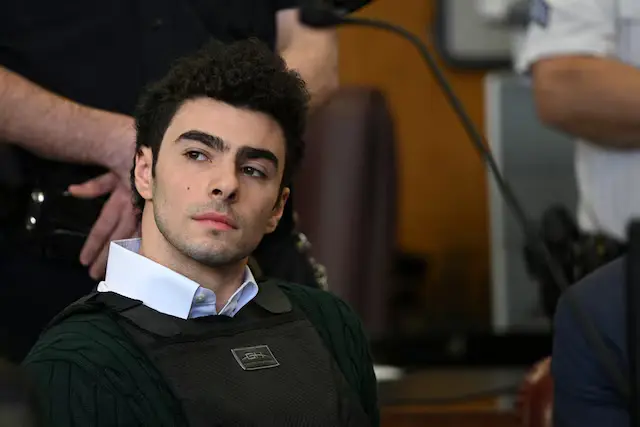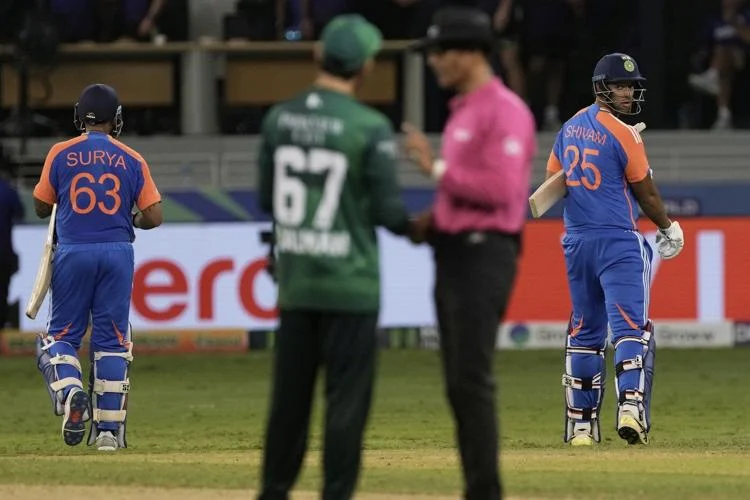
Luigi Mangione Appears in Court Over Killing of In
Luigi Mangione appears in court over murder of UnitedHealthcare CEO. Lawyers seek to dismiss state c

The recent Asia Cup 2025 clash between India and Pakistan was overshadowed not just by brilliant cricket but by a striking absence of the customary handshakes, revealing how deeply political tensions have seeped into the sporting arena. The refusal of both teams, particularly the Indian squad, to partake in the traditional pre- and post-match handshakes has sparked widespread controversy, protests, and debates that transcend cricket.
For decades, cricket has served as a rare bridge in the otherwise turbulent relations between India and Pakistan. However, escalating political conflicts, notably the Pelgam terrorist attack that deeply impacted India, have clouded this sporting camaraderie. Indian captain Suryakumar Yadav and his teammates made a deliberate decision to refrain from shaking hands with Pakistan players, signaling a protest that went beyond the boundary lines.
The no-handshake saga began at the toss when Yadav and Pakistan captain Salman Ali Agha refused to shake hands, setting the tone for a tense match. This unusual act was reportedly influenced by instructions from the match referee, raising questions about the role of officiating in this politically charged atmosphere. After India’s convincing seven-wicket victory, the Indian players stormed off to their dressing room without acknowledging their Pakistani counterparts, who waited on the field hoping to extend the tradition of goodwill.
The incident drew immediate backlash from the Pakistan Cricket Board (PCB), which lodged a formal protest with the Asian Cricket Council (ACC), criticizing India’s behavior as “against the spirit of cricket.” The PCB further escalated the matter to the International Cricket Council (ICC), demanding the removal of the match referee for allegedly allowing India to snub Pakistan. Pakistan’s team captain also boycotted the post-match presentation ceremony in protest, illustrating the heated emotions involved.
Experts and former players around the world have weighed in, debating the ethics and impact of such actions in sports. Many lament how the political tension has breached the sanctity of cricket as a neutral playing field, but others acknowledge the realities faced by players who represent their nations amid ongoing conflicts. India’s refusal to shake hands was seen by some as a mark of respect for the victims of the recent terror attacks and a symbolic stand by Indian players aligned with national sentiment.
The no-handshake controversy has ignited a broader discussion on the spirit of the game and whether sports can ever truly remain insulated from politics, especially between two nations with a fraught history. According to ICC’s Code of Conduct, promoting respect and goodwill is fundamental, and such incidents can lead to penalties and fines, though no official sanctions have yet been announced. As tensions simmer, the cricketing fraternity hopes for a return to sportsmanship without the shadows of external conflicts.
This episode in Asia Cup 2025 is a stark reminder that the world of international sports often reflects the geopolitical realities off the field. For fans and players alike, the lack of a simple handshake serves as a poignant symbol of the challenges ahead to keep the spirit of cricket alive amid political discord.